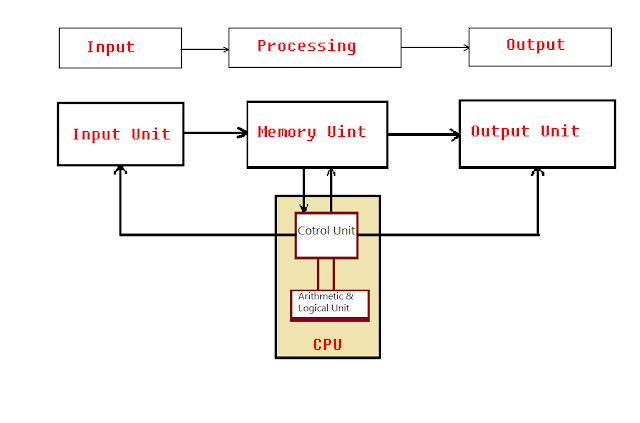How To Choose The Right Processor For Your Laptop
In this post, we had tried to explain it as easy as possible.
At first, we have to know what is the CPU:
- A Central Processing Unit (CPU), also called a central processor, is the electronic microcircuitry within a computer system It basically takes input from your input Devices (e.g. Mouse, Keyboard, Game controller etc.) and performs tasks and gives output to your output devices (e.g. Monitor, Printer, Speaker etc.).
- Currently, there are two types of processer largely available in the markets, one is 32bit and another is 64 bit. There are many difference between these two but we are not going towards that all complicated stuff right now, you just have to remember that the 32bit processor supports a maximum of 4GB of RAM and whare as 64bit processor supports more than thousands GB of RAM.
- 32-bit processor has less security than 64bit processor and it has max memory allocation for a single application is 2GB only whare as for a 64bit processor it is greater than 2TB if available(Although windows has os limitation according to its plans). When choosing the processor for your laptop or desktop you should remember this.
Now, whenever you see a processor info on shopping website or retail store keep following points in mind very carefully.
- You should see the processor name first in shopping websites sometimes you will not be able to see the proper processor name then ask the seller and get the name. If the seller hiding the name from you than there might be a big chance that you are getting older processor. When you got the name search it on the web or if the details are present on that shopping website then it's great then you don't have to search for it.
- Check the Processor generation. Over the year Processor are getting more powerful and more power-efficient. So always prefer the current-gen of processor. for an example If you got a laptop with i5 8th gen processor and an i7 3rd gen processor and if you prefer the i7 then you might make a mistake because older generation i5 processor consumes more battery and slower than the new-generation i5 due to its nanometer technology difference. Check this out this is for intel processor how nanometer-size changes over time.
Generation Micro Processor Size 1st Generation Nehalem 45 nanometer 2nd Generation Sandy Bridge 32 nanometer 3rd Generation Ivy Bridge 22 nanometer 4th Generation Haswell 22 nm 5th Generation Broadwell 14 nm Next generations Skylate 14 nm
4. Clock speed or Processor speed.
This is very simple the higher in clock speed the better in performance (although there is a variable per clock task count but we not going to discuss this in this post). if it has the turbo mode than it clock can be increased by some couple 100 of MHz.5. Cache Memory
This is the fastest memory in your laptop so the more cashe memory means better performance you will get.6. Core and Threads
The more core dose not mean more performance always. If your software needs multiple core then it will increase the performance of that particular software otherwise it is not helpful to you. Threads refer to the highest level of code executed by a processor, so with many threads, your CPU can handle several tasks at the same time.7. And last but not least consider pocket.
Related Post:




0 Comments